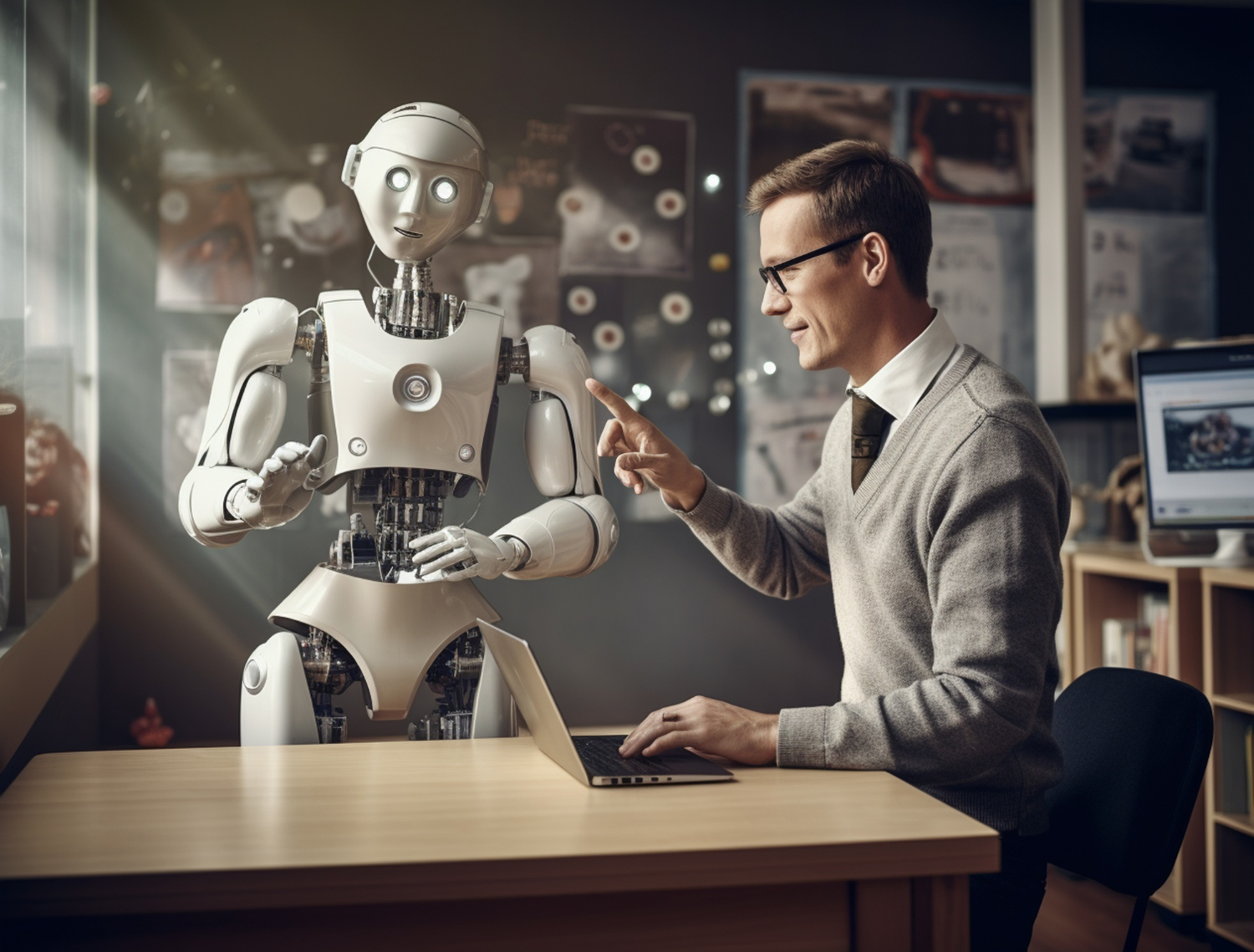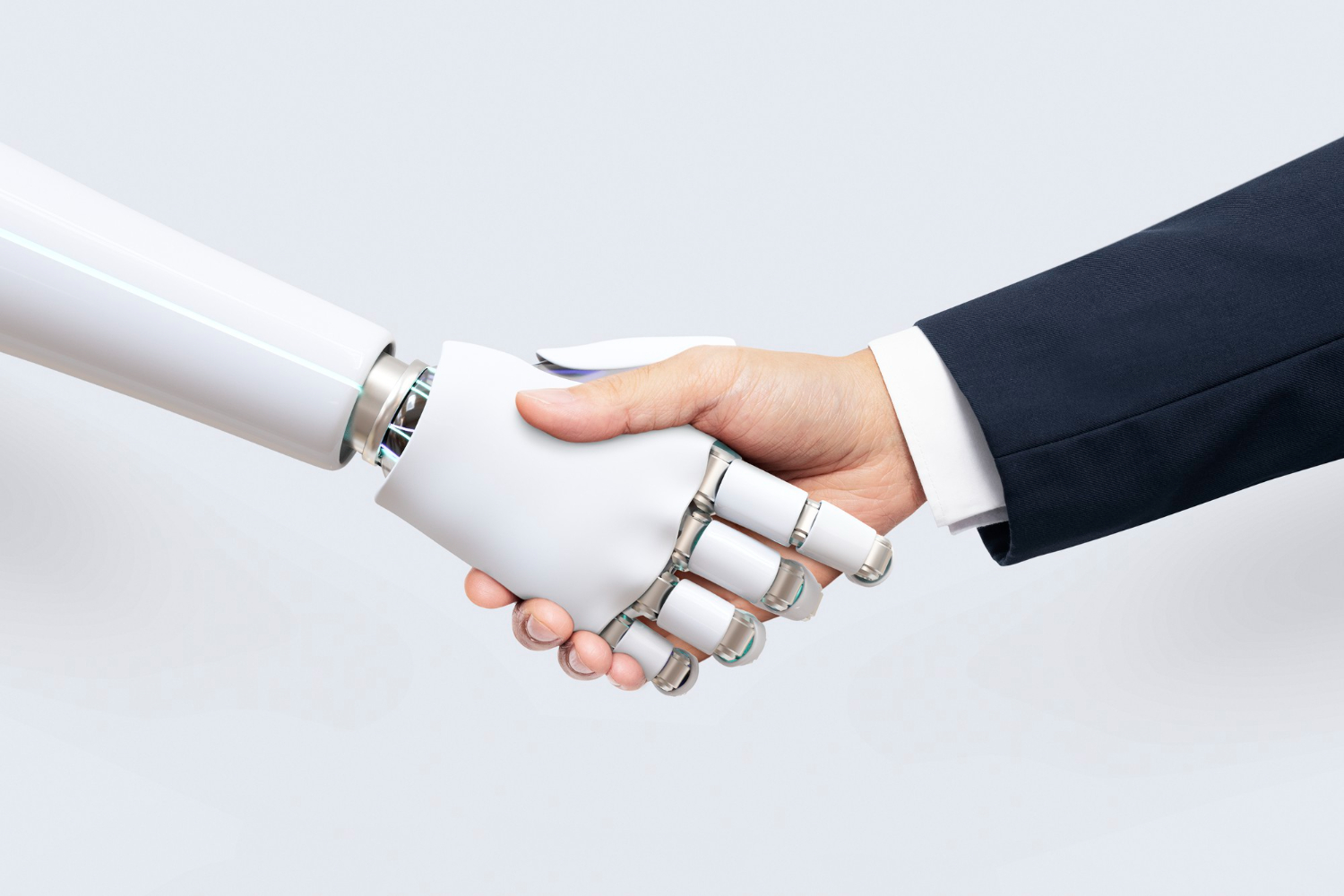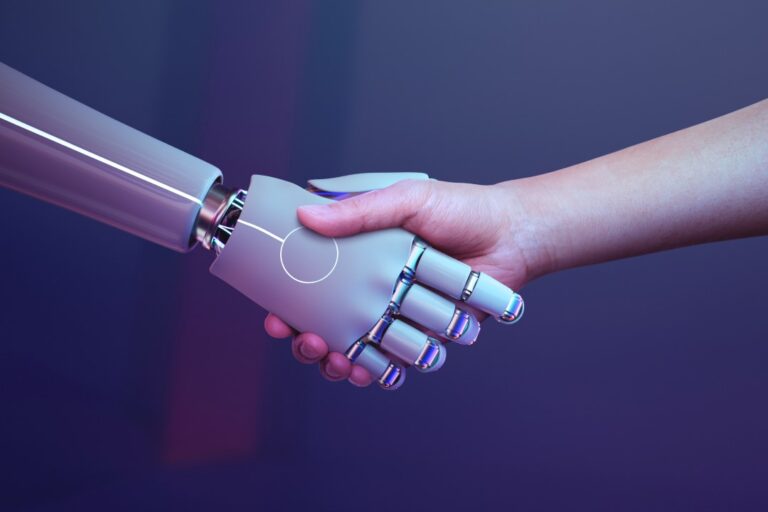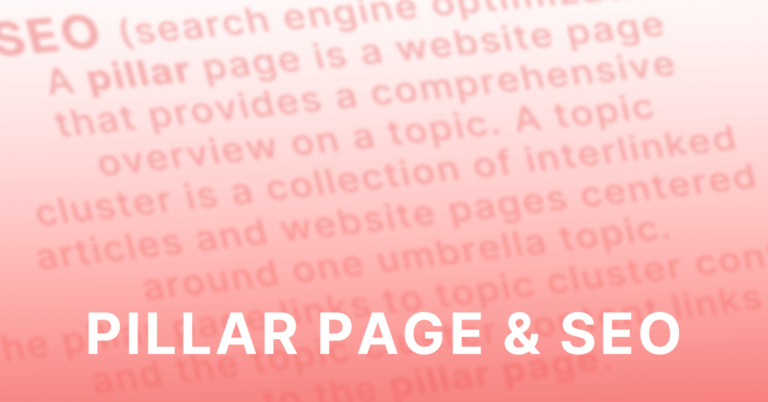Artificial Intelligence (AI) is rapidly shaping the landscape of education and digital marketing, impacting not only learning but also marketing strategies. How can AI affect the learning process and how can educational organizations and marketers take advantage of this technology?
Positive Effects of Artificial Intelligence in Education

Preparing for the Future: Education using AI prepares students for the future, giving them the skills needed in a world constantly being changed by technology.
Personalized Learning: AI enables the development of personalized educational experiences. With the help of algorithms, educational platforms adapt content to the needs and levels of students, making them more responsive and effective. This strengthens student engagement and improves outcomes.
Support in Special Education: Specially designed AI software can help students with disabilities by offering personalized programs that empower their learning and participation in the educational process.
Creativity and Innovation: AI promotes creativity, enabling students to develop interactive projects, from digital arts to programming, encouraging innovation and self-expression.
Impact on Digital Marketing

- Analytics and Targeting Strategies: AI can process big data to understand user preferences and habits, allowing marketers to create targeted campaigns that attract the right audience.
- Content Creation: AI tools can help create content, from automated reports to dynamic social media posts, saving time and resources.
- Interaction with Customers: Chatbots using AI provide immediate and efficient responses to customers, improving service and enhancing the user experience.
- Trend Analysis: AI can identify and analyze market trends in real-time, allowing businesses to adapt their strategies according to changing customer needs.
Negative Effects of Artificial Intelligence
- Addiction and Alienation: Increased reliance on technology can lead to addiction and alienation, reducing social interaction and the learning experience.
- Lack of Critical Thinking: Overreliance on algorithms to solve problems can limit the development of critical thinking in children, affecting their creativity.
- Privacy and Security: The collection of data by educational and marketing platforms raises concerns about the privacy and security of personal information, especially when it comes to children.
- Engineering Education: Too much automation can limit human interaction in education, affecting the development of social and emotional skills.
In conclusion
Artificial Intelligence has the potential to reshape education and digital marketing, offering significant opportunities for growth and innovation. However, care and accountability are required to ensure that its implementation is ethical and beneficial to students and consumers. With the right guidance, young people can take advantage of AI's potential, while marketers can find new ways to interact with their customers, promoting a more responsible and human-centric approach.







